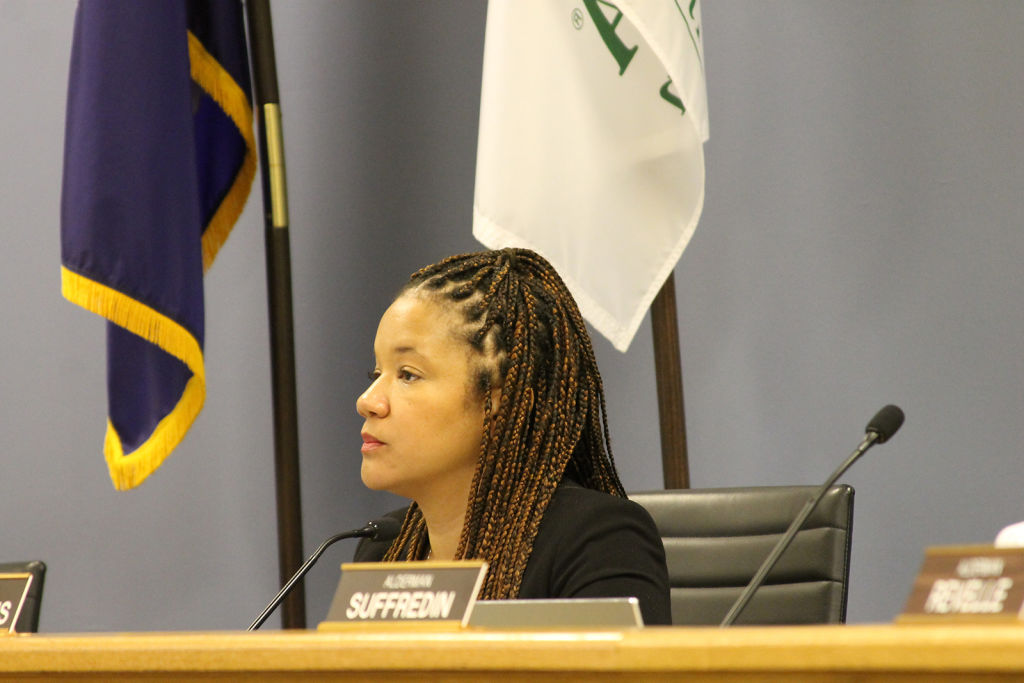The Evanston Reparations Fund’s money will be held at Liberty Bank, one of the largest Black-owned banks in the United States.
Reparations Committee Chair Robin Rue Simmons announced a minimum of $17 million will be transferred to the financial institution for residents of the Illinois suburb. The fund was created to support several initiatives, like the Restorative Housing Program, to increase homeownership and intergenerational equity among the city’s Black residents. Simmons says the measure will provide more support for businesses and homeowners. “Seventeen million dollars in a Black bank is going to give more lending power and access to Black businesses, Black mortgages and other forms of support,” Simmons said.
In what Simmons described as “the biggest deal since the passing of Resolution 126-R-19 in 2019” during a meeting on Apr. 4, the program has provided more than $4.5 million in funding to residents who were at least 18 years old between 1919 and 1969 and have descendants affected by redistricting and other racially motivated policies.
Funding is received through a city tax on donations, recreational cannabis, and yearly transfers of $1 million from the city’s real estate transfer tax.
With the closest branch in Park Forest, Liberty is valued at $1 billion and has provided services for first-time home buyers who chose to use their reparations funding as mortgages. Committee member Claire McFarland Barber says she is pleased with the outcome and happy the city can assist in paying it forward. Fellow member Krissie Harris called the move “amazing,” calling it proof that the reparations plan for Evanston is “instrumental.”
The group identified other ways to expand the city’s growth outside of reparations. During the meeting, Twyla Blackmond Larnell, a political science professor at Loyola University Chicago, presented a survey as the best way to identify the racial patterns in the city’s business activity.
By modeling her research to mimic a 1996 study of local business disparities in Evanston, the professor hopes to take into account additional aspects that broadly impact Black businesses, like racial, economic disparities and how the issue has expanded over time.
“We have seen — not just in Evanston, but this whole entire area — an exodus of Black residents, business owners, etcetera,” Larnell said, according to Daily North Western.
“This has economic ramifications for the Black community, but it also has political ramifications for the Black community.”
The reparations program’s construction administrator, Michael Dykes, also provided an update on the importance of reparations recipients wanting to improve their homes. Dykes and Simmons expressed their vision for the home to be done by Black contractors – adding another form of economic benefit to the Black community.
“All of our contractors are local, and all of them are Black,” Dykes said.


